How to practice non-greeting
The point of puppy play dates and parties and classes is partly for Sparky to meet other dogs and learn how to speak dog, of course. But it’s also about learning to focus on you, to trust you, and be engaged with you despite being surrounded by excitement. To maintain his connection with you, despite distractions. You don’t want your puppy to learn that being around other dogs means he goes nuts and loses his mind. That would be counterproductive.
At some puppy parties, I’d see puppies stop playing and run up to their owners, and the owner just encouraged them to go back to the other puppies, or they ignored them, because they were talking to the other puppy owners. The owners meant well, but puppies like that become adult dogs who “don’t listen.”
What you want to do: encourage that beautiful behavior of checking in. If you’ve done Automatic Check-Ins, your pup may be inclined to run back to you to check in.
When your puppy chooses to check in, praise him, give him a treat and pet him. And assuming he’s not nervous and he’s showing happy relaxed body language, you can then encourage him to go back and play.
At Hazel’s first couple puppy parties, I didn’t ask much of her. I just wanted her to get used to being in this new situation. I’d give her treats and praise any time she checked in with me, but not ask anything else.
As the weeks went by, and she was getting more comfortable at the parties, and she was also learning some Baby Obedience at home, I started asking for a bit more. When she came over to check in, which she did a lot because she was always reinforced for it, I would ask for a Sit, a Down, or a Hand Target. Sometimes I would call her out of the group, give her a treat, then tell her to “go play.” Sometimes she would go back and play, sometimes she decided she’d rather hang out with me, and we’d sit together and watch the other puppies play.
If you’re taking a socialization class, this kind of thing will be built in. But if you’re not, you should still gradually teach your pup to follow simple cues in the presence of other dogs.
